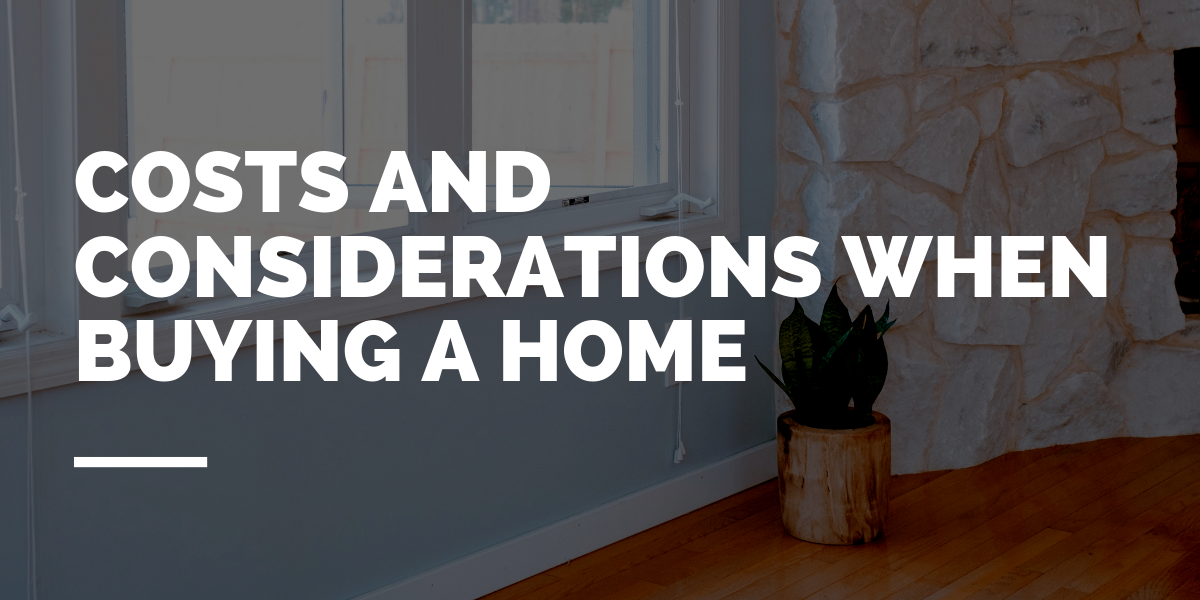Pricing Too High

Starting out with too high of a listing price will add to the stress of selling your home.
Ideally, during the first few weeks, your home should be overflowing with activity. Listing agents will market and promote your home to other agents who are working with homebuyers, increasing your personal sales force.
If you have overpriced, chances are fewer agents will promote your home to their clients. As REALTORS®, it is their job to know the market demand and fair market value of a home. If your home was dramatically priced above market value, you will essentially be wasting your time.
Dropping Your Price Too Late
Your house could take longer to sell if you start with a high list price and then drop it later. By this point, your house has become “old news” and has lost the chance of overflowing activity that you would have received with a realistic price.
Even if you were to sell your home at an above market price to an uninformed buyer, that buyer will likely need a mortgage. Their lender may require an appraisal. If comparable sales and current market conditions do not support your sales price, the house won’t appraise and the deal will then fall apart.
If your home sits on the market a while, it is harder to get a good offer. Overpricing your home in the beginning, then dropping the price may look like you are desperate to sell and potential buyers may make lower offers. You could actually end up settling for a lower price than you would have normally received.
Of course, you want to receive the highest price for your home. If you start out with a list price that is too high, you likely interviewed other agents who didn’t get the listing.
If your listing agent engages in “buying” listings if your home didn’t sell in x number of days on the market, chances are they probably pushed through other agents to tell you what you want to hear. Now you’ve ended up with an agent who was good at selling you, but not good at selling your home and got paid the commission for it.
It’s tempting to choose the agent who tells you exactly what you want to hear. Instead, look for honest advice agents will give. This way you won’t be frustrated about why your house didn’t sell close enough to the price you had listed it for.
Do Your Homework: Home Inspections

The last thing you want to end up with after purchasing your home is unanticipated costly renovations. That’s why home inspections are such an important part of the home buying process. Choosing an experienced home inspector can be tricky, so it’s important to consult with others to help you find a reliable inspector with good references.
Contact several local home inspectors and interview them in advance to determine their qualifications.
Questions to Ask
1. How long has the inspector been in the business with a home inspection firm?
2. Is the inspector specifically experienced in residential construction?
3. What does the inspection include? Inspections should include visual inspections covering exterior, structure, garage, plumbing, heating, cooling, electrical, and interior insulation and ventilation. Extras can include radon testing, a pest infestation survey or inspection of septic system or wells. The inspector should provide you with a written report.
4. How much will it cost? Determine fees up front. Inspections can cost as little as $200 to as much as $1,000, depending on the size of the home and which inspection services are requested.
5. How long will the inspection take? The time depends on the size and age of the home; typically inspections take 2 to 3 hours. Anything less than that isn’t enough time to do a thorough inspection.
6. Does the inspector encourage the client to attend the inspection? This is an educational opportunity, and if an inspector refuses, you may want to look for a different inspector.
7. Ask what educational and/or training facility the inspector attended. Does the inspector participate in continuing education programs to keep his/her expertise up to date? It’s okay to ask to see their papers.
8. Does the company offer to do any repairs or improvements based on its inspection? This might cause a conflict of interest, and it’s not recommended to deal with these firms.
9. Do they belong to an association that will investigate consumer complaints?
10. Do they carry errors or omission insurance?
After The Sale

What to Do While You’re Waiting to Move
Now that your house is sold, now what? Life can return to normal with no longer ensuring that the house is spotless at all times and making sure your schedule is flexible for showings. Hooray!
Paperwork
I’ll ensure that your paperwork is submitted to your lender and lawyer of choice in a timely fashion. They will be in contact with you when they are ready for you to sign any paperwork if applicable.
House Hunting
If you are wanting to buy something now that your house has sold, now is the time to start looking. In most cases lenders will need to know that you have a firm sale on your house before buying another. If you are relocating to a different area, I can refer you to an agent in a different area through my trusted referral network.
Contact
Contact your utility providers, property managers (if applicable), and insurance company to notify them of your upcoming move and possession date.
Possession Day
On the day of possession, your home should be in the same condition it was when the buyer had seen it. Ensure your house is clean and all keys and openers remain as well as any other items negotiated in the contract. Also ensure that there isn’t anything unwanted left behind for the new owners.
For a more detailed list, please check out my moving checklist.
While Your Home is Listed

Things to Know While Your House is For Sale
Now that your home is for sale, what do you do in the meantime? Here’s a list of a few points to remember and take note of so you’re not feeling helpless throughout the process.
Be Flexible
Be as flexible as possible with showing times. Make it easy for buyers to come and view your home so you don’t miss out on a potential sale. I realize that there are circumstances when this doesn’t allow but being as flexible as you can without too much of an inconvenience to your schedule will have it’s benefits.
Open Houses
I leave the decision of whether or not to do an open house up to my sellers. I’ve found that in some instances, an open house was useful and resulted in a success. However, more times than not, an open house hasn’t resulted in anything other than the neighbours coming over to visit. I leave that decision entirely up to you.
Be Reachable
I will need to contact you for showings and any offers we get and I will need to be able to get ahold of you on short notice. If you are going away, I’ll also need to know that.
Keep Clean
Try to keep your house as clean as possible during times of showings and open houses. We want to eliminate the objections a potential buyer might have and if your house shows great, then it’ll be that more attractive to buyers.
Updates
Throughout the time when your house is for sale, I will send you weekly updates in regards to the number of viewings your home has had on certain websites as well as any new comparable houses for sale and ones that have just sold. This will help keep you informed about the market in your area and help you make an informed decision about price reductions. I will also follow up with agents when a showing has occurred and what the feedback has been so you know what, if any, improvements can be made on your part.
These few things will help you reach your goal of selling your home for the most money and in the least amount of time.

 Facebook
Facebook
 X
X
 Pinterest
Pinterest
 Copy Link
Copy Link





